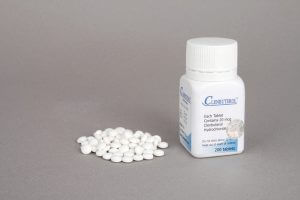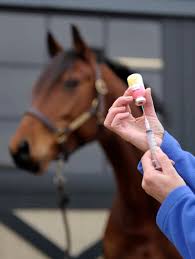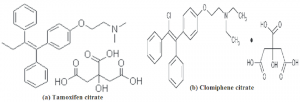
Clenbuterol hydrochloride – What makes Spiropent® 0,02 mg so popular
Clenbuterol is a substance coming from a group of compounds called beta2-agonists. Compounds belonging to this category can promote dilation of the bronchial muscles. However,

Horses face as many health problems as humans, including horse osteoarthritis. While there is no official cure for the condition, there are ways to help manage osteoarthritis in horses. The primary approach is to prevent the disease from progressing and getting worse. It takes a multimodal approach to manage the condition, including using inflammatory drugs and oral joint health supplements. The first port of call for many veterinarians is methylprednisolone, but the evidence is emerging that Winstrol for horses – sold under the name stanozolol – could be an effective treatment.
The idea behind Winstrol for horses is simple enough to understand. Trauma to joints causes a chain reaction that causes articular cartilage to degrade. Being able to prevent cartilage degradation, or just slow it down, is the focus of treatment efforts for osteoarthritis in horses. Treatments also focus on restoring the joint environment to encourage natural cartilage repair in horses to help them get better.

There are currently four corticosteroids approved by the FDA for use with horses. Unlike these four drugs, Winstrol is an anabolic-androgenic steroid created using testosterone. While some such treatments promote male characteristics because of their resemblance to testosterone, Winstrol offers potent tissue-building benefits with minimal risk of androgenic side effects.
Researchers from the United Kingdom cultivated cartilage cells. They measured how Winstrol for horses affected cell viability, inflammation, and the genes involved in creating and destroying cartilage to understand better if Winstrol could help with tissue-building in articular cartilage.
The results of the study were promising. The study showed that Winstrol exerted chondroprotective effects. The drug did this by decreasing the genes for pro-inflammatory mediators and the enzymes and catabolic molecules associated with osteoarthritis in horses. The downside is that the study didn’t prove conclusively that the drug caused cartilage growth as the researchers were hoping.
Considering the effect that Winstrol can have for humans, including muscle-wasting diseases and rheumatoid arthritis, there is reason to continue researching this corticosteroid and how it affects horses.

There are several strategies that horse owners can use to manage osteoarthritis, as research and treatment plans continue. These strategies include;
Products with chondroitin sulfate and glucosamine are suitable for horses with osteoarthritis. These products protect joints to prevent injuries from happening in the first place. Prevention is best when it comes to most things, in particular conditions with no known cure.
Research continues into Winstrol for horses, but the results are promising. Corticosteroids like Winstrol prevent further joint damage and encourage cartilage growth to help with recovery.

Clenbuterol is a substance coming from a group of compounds called beta2-agonists. Compounds belonging to this category can promote dilation of the bronchial muscles. However,

Antiestrogens are a class of drugs that prevent estrogens from mediating their biological effects in the body. They are also known as estrogen antagonists or

There are many potential side effects of taking steroids, but steroid acne is one of the most obvious ones. Acne is generally an inflammation of
© 2023 All Rights Reserved